American women have reshaped our world through their groundbreaking achievements and unwavering determination. From sports arenas to political offices, laboratories to concert halls, they’ve broken barriers and inspired millions.
These fifteen remarkable women have not only changed their fields but have also paved the way for future generations to dream bigger and reach higher.
1. Helen Keller
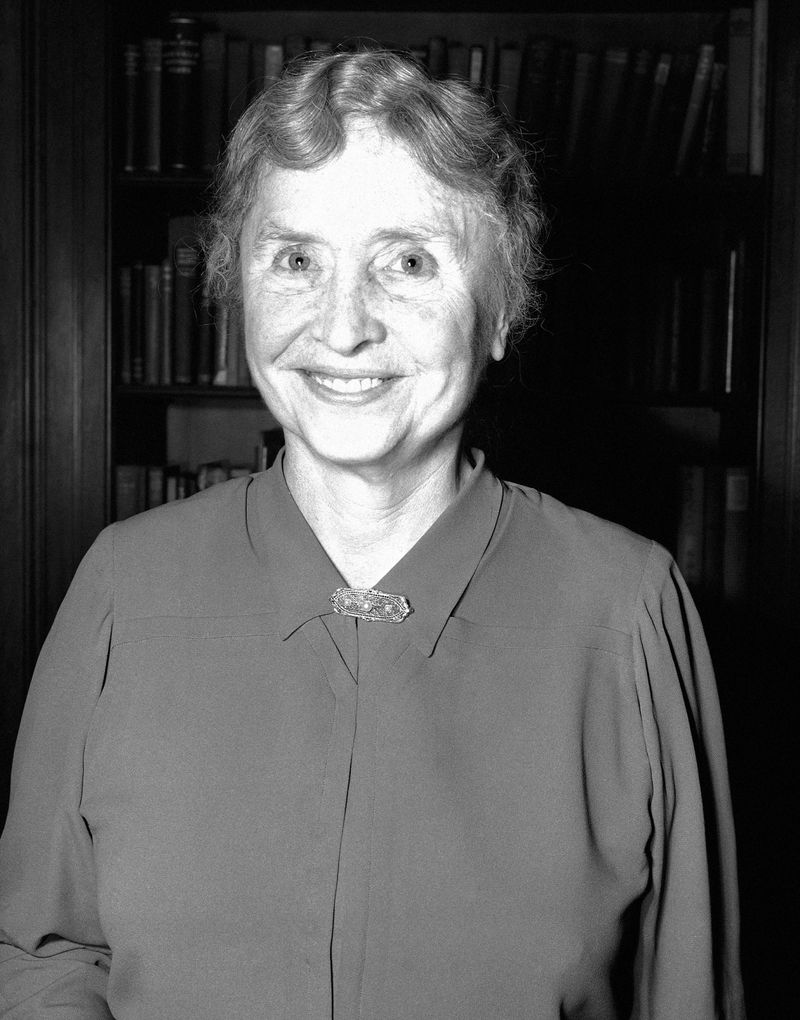
Deaf and blind from infancy, Helen Keller defied all expectations by learning to communicate and eventually becoming an author, disability rights advocate, and political activist. Her journey from darkness to light began with her teacher Anne Sullivan’s breakthrough at the water pump.
Keller graduated from Radcliffe College in 1904, becoming the first deaf-blind person to earn a Bachelor of Arts degree. Throughout her life, she championed causes including women’s suffrage, labor rights, and antimilitarism.
Her autobiography “The Story of My Life” continues to inspire millions worldwide, proving that determination can overcome seemingly impossible obstacles.
2. Althea Gibson
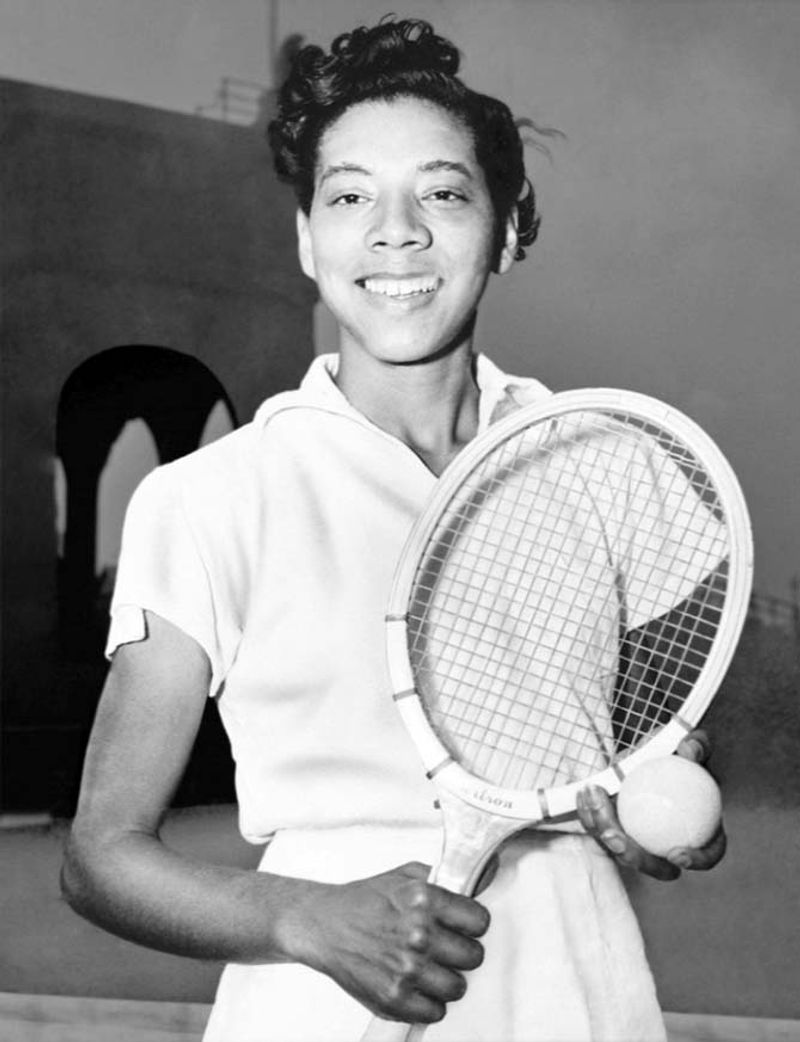
Before Serena Williams, there was Althea Gibson – the first Black athlete to cross the color line in international tennis. Growing up in Harlem during the Great Depression, Gibson discovered tennis on neighborhood play streets before dominating the sport.
In 1956, she became the first African American to win a Grand Slam title at the French Championships. Her groundbreaking career included five Grand Slam singles titles and an induction into the International Tennis Hall of Fame.
Beyond tennis, Gibson broke barriers in professional golf as the first Black woman on the LPGA tour, cementing her legacy as a true sports pioneer.
3. Carol Moseley Braun
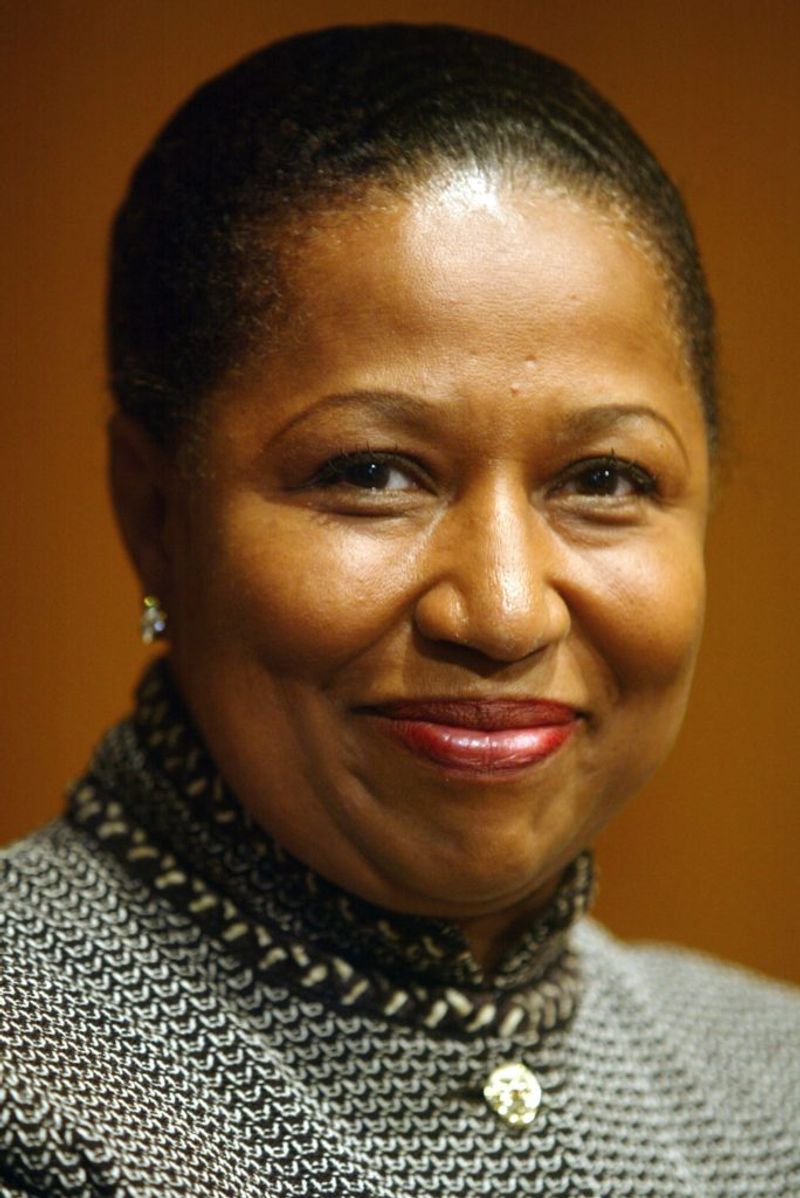
“You can’t have a democracy if people’s voices aren’t heard,” Carol Moseley Braun once said. In 1992, she shattered a 200-year barrier by becoming the first African American woman elected to the U.S. Senate, representing Illinois.
A fierce advocate for civil rights and education, Moseley Braun fought to protect historically significant sites and opposed Confederate symbol patents. Her political journey included serving as U.S. Ambassador to New Zealand and launching a presidential campaign in 2004.
Though her Senate tenure lasted one term, her election fundamentally changed perceptions about who belongs in the halls of power.
4. Lee Krasner
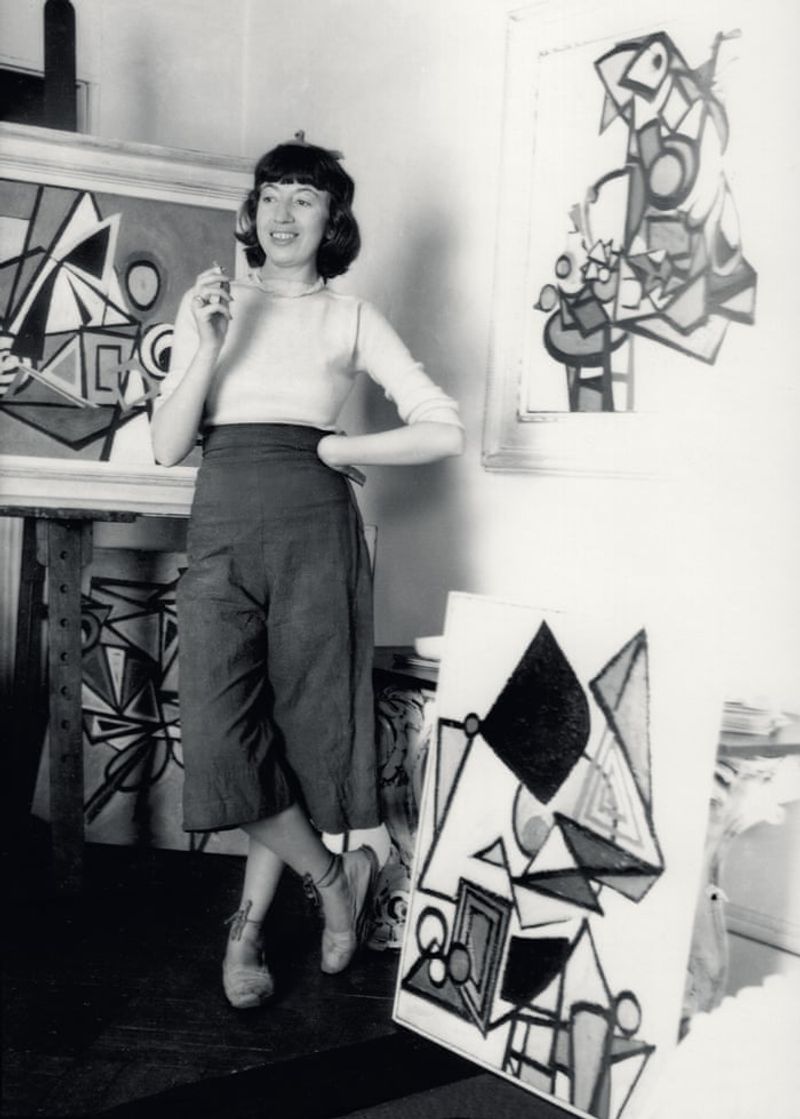
Overshadowed for decades by her husband Jackson Pollock, Lee Krasner finally received recognition as a pioneering abstract expressionist painter in her own right. Her bold, evolving style and fearless reinvention challenged the male-dominated art world of mid-century America.
Born to Russian-Jewish immigrants in Brooklyn, Krasner studied under influential artists including Hans Hofmann, who praised her work as so good “you would not know it was done by a woman.” Despite such backhanded compliments, she persisted.
Her resilience showed in her constant artistic evolution, from her Little Images series to her explosive, colorful later works.
5. Aretha Franklin
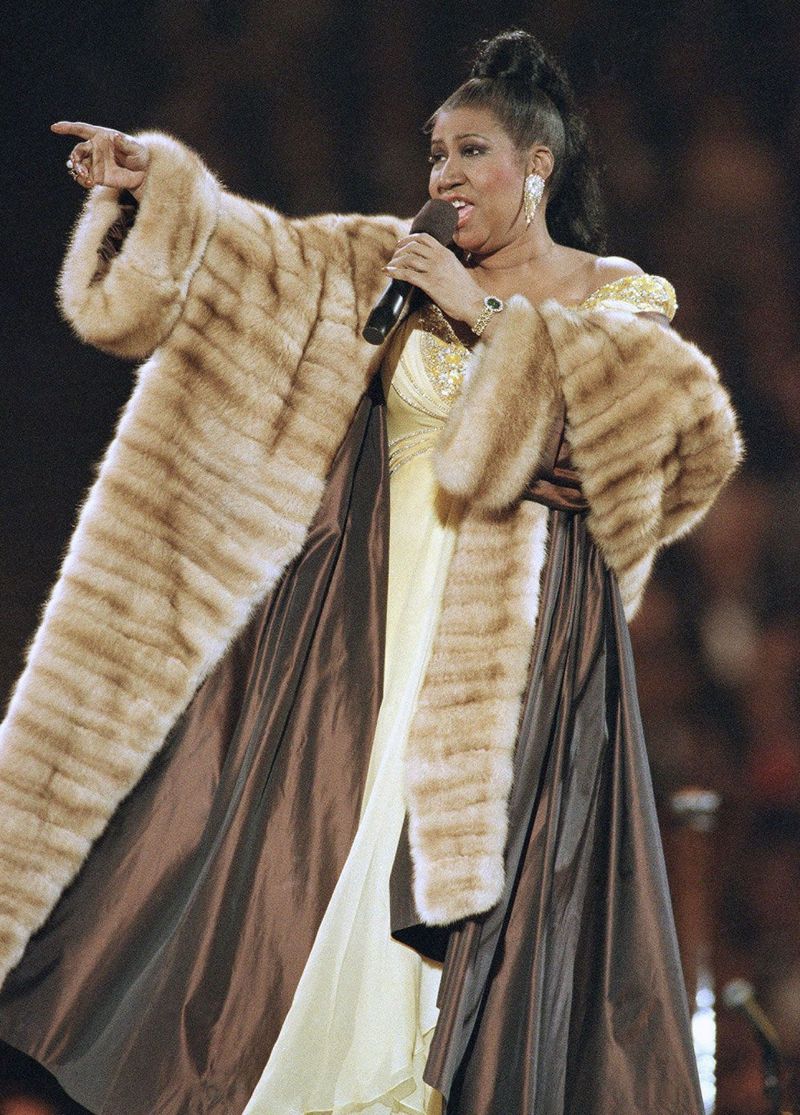
R-E-S-P-E-C-T became more than lyrics when Aretha Franklin transformed Otis Redding’s song into an anthem for the civil rights and women’s movements. Her powerful voice – ranked among the greatest of all time – carried both technical brilliance and emotional depth that moved generations.
Franklin’s career spanned over six decades with 112 charted singles, 18 Grammy Awards, and over 75 million records sold worldwide. The first woman inducted into the Rock & Roll Hall of Fame, she performed at three presidential inaugurations.
Beyond music, her quiet support for civil rights included posting bail for activists and performing at benefits throughout the movement.
6. Meg Whitman
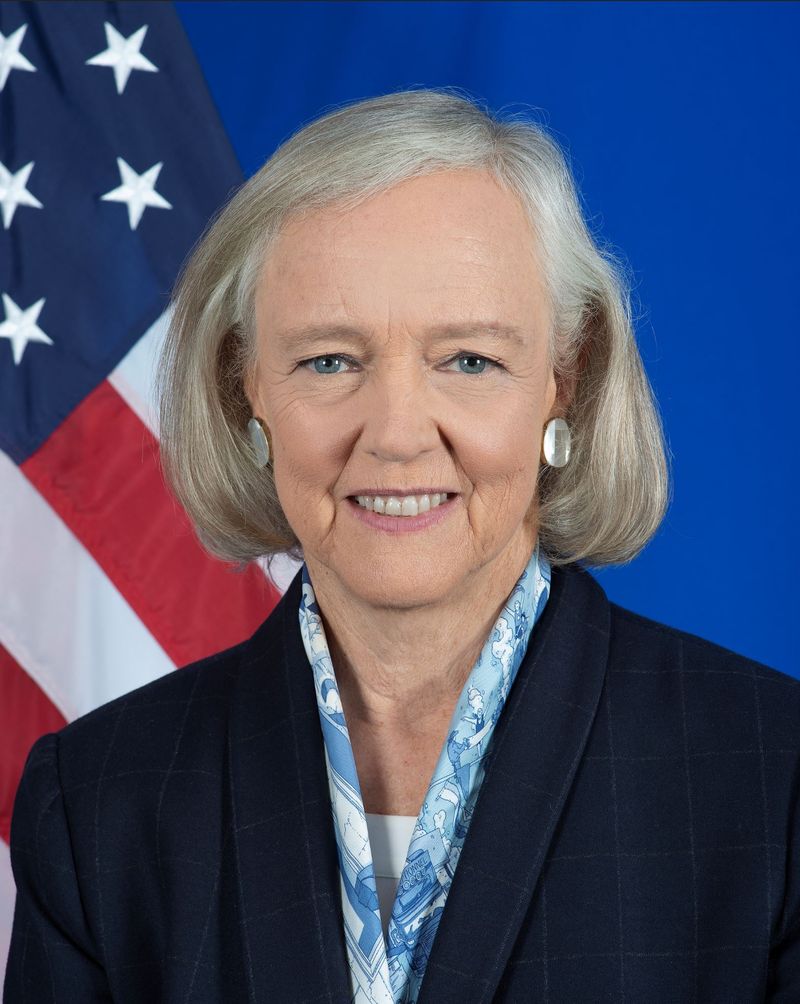
© Wikipedia, the free encyclopedia
From a young executive at Hasbro to the CEO who transformed eBay from a tiny startup into a global powerhouse, Meg Whitman redefined what business leadership looks like. During her decade at eBay, she grew the company from 30 employees and $4 million in revenue to 15,000 employees and $8 billion in revenue.
Fortune magazine repeatedly named her among the world’s most powerful women in business. Whitman later led Hewlett-Packard through its challenging split into two companies before becoming CEO of Quibi.
Her management philosophy emphasized customer focus and employee empowerment, inspiring countless women to pursue careers in technology and business leadership.
7. Serena Williams
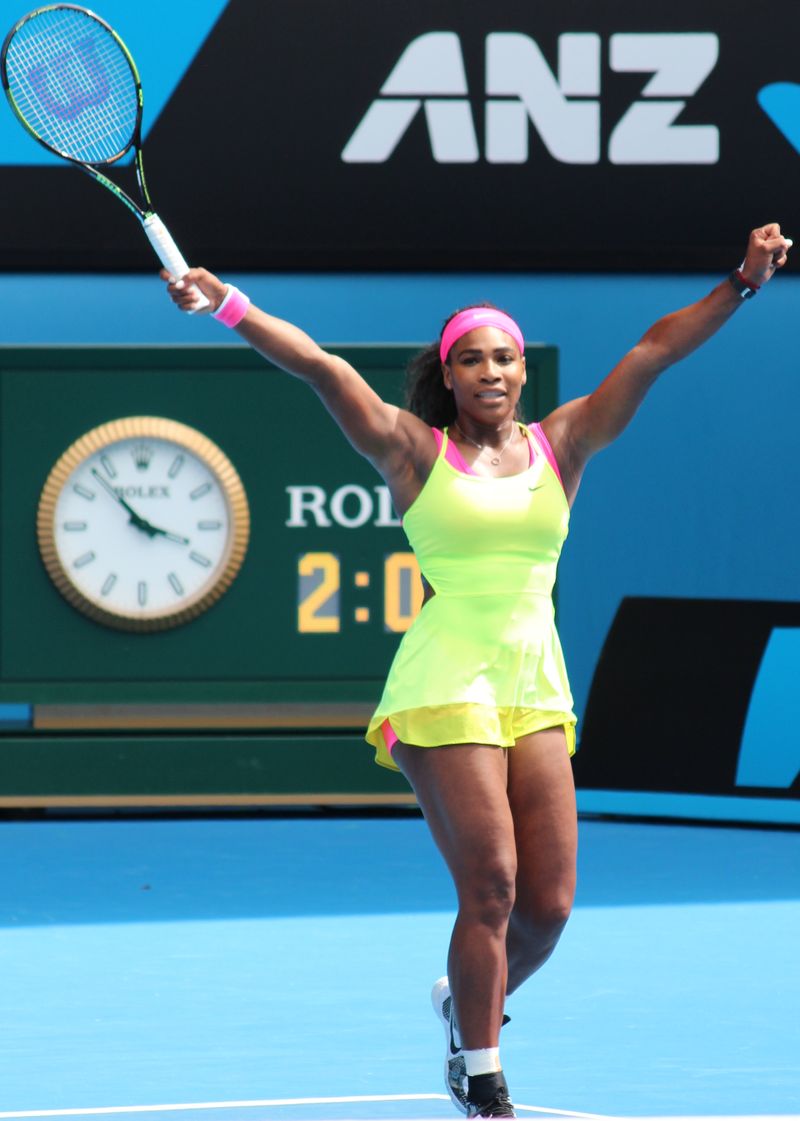
Twenty-three Grand Slam singles titles tell only part of Serena Williams’ extraordinary story. Growing up practicing on public courts in Compton, California, she revolutionized tennis with her powerful playing style and unapologetic confidence both on and off the court.
Williams returned to championship form after life-threatening health complications following childbirth, becoming an advocate for maternal health issues, particularly for Black women. Her fashion line, investments in women-owned businesses, and philanthropic work in education extend her influence beyond sports.
Her rivalry with sister Venus produced some of tennis’s most memorable matches while changing the face of the sport forever.
8. Condoleezza Rice
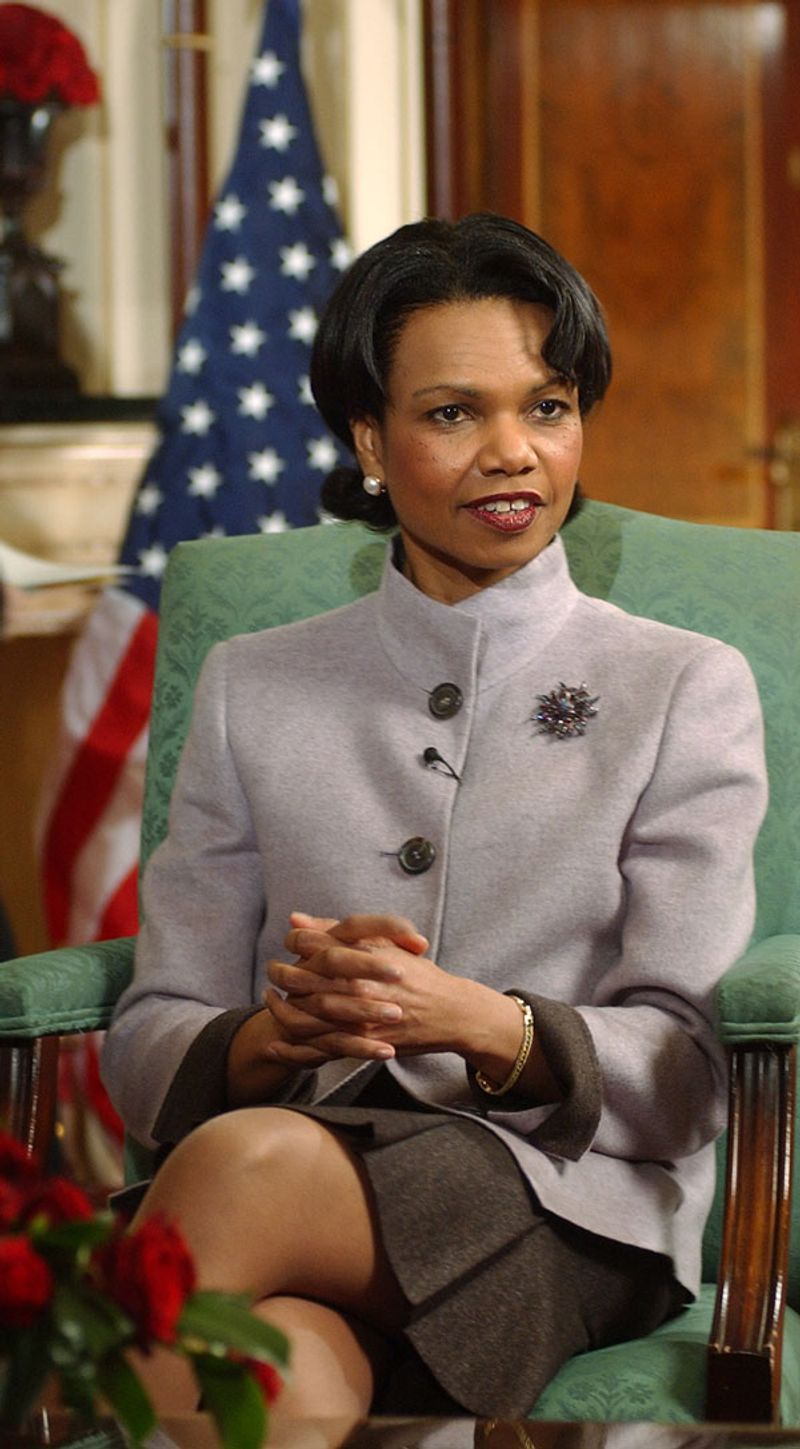
From a segregated Alabama childhood to becoming the first female African American Secretary of State, Condoleezza Rice’s journey embodies American possibility. Her expertise in Soviet studies made her a valuable national security advisor during a pivotal period in U.S.-Russia relations.
As Secretary of State under President George W. Bush, Rice navigated complex international relationships during the post-9/11 era and Iraq War. Her diplomatic approach emphasized democracy promotion and relationship building across traditional divides.
After government service, Rice returned to academia at Stanford University and made history again as one of the first female members admitted to Augusta National Golf Club.
9. Sally Ride
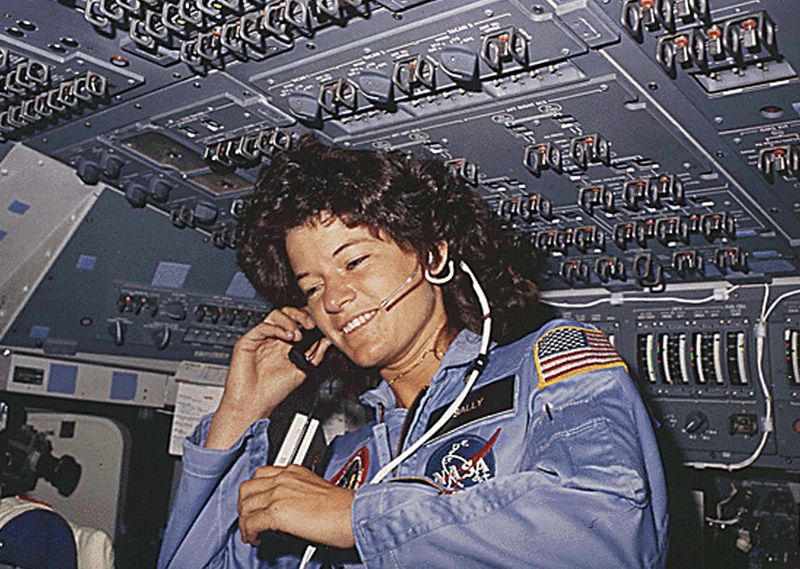
“The stars don’t look bigger, but they do look brighter,” Sally Ride observed from space as the first American woman and youngest American astronaut to leave Earth’s atmosphere. Her historic 1983 Challenger mission inspired generations of girls to pursue careers in science and engineering.
A Stanford-educated physicist, Ride later investigated both the Challenger and Columbia shuttle disasters. After NASA, she founded Sally Ride Science to encourage young people, especially girls, to embrace STEM subjects.
Her posthumous coming out through her obituary’s mention of her female partner of 27 years made her an LGBTQ+ icon and revealed another barrier she had quietly broken.
10. Toni Morrison
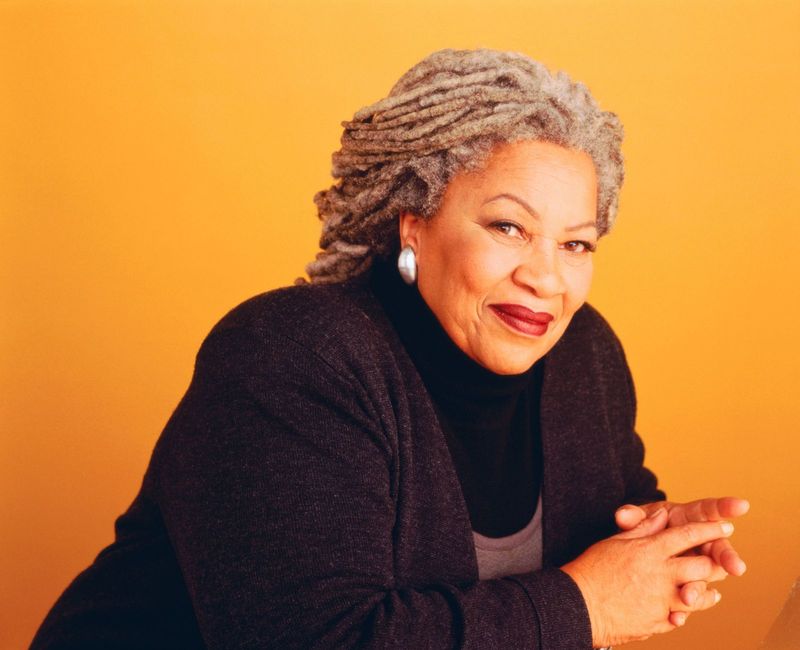
“If there’s a book that you want to read, but it hasn’t been written yet, then you must write it.” Toni Morrison followed her own advice, creating masterpieces that explored the Black American experience with unmatched poetic power.
Her novel “Beloved” won the Pulitzer Prize and is considered among the greatest American novels ever written. In 1993, Morrison became the first African American woman to receive the Nobel Prize in Literature.
Beyond her own writing, Morrison’s work as an editor championed other Black voices, including Angela Davis and Muhammad Ali, fundamentally reshaping American literature to include stories previously pushed to the margins.
11. Rachel Carson
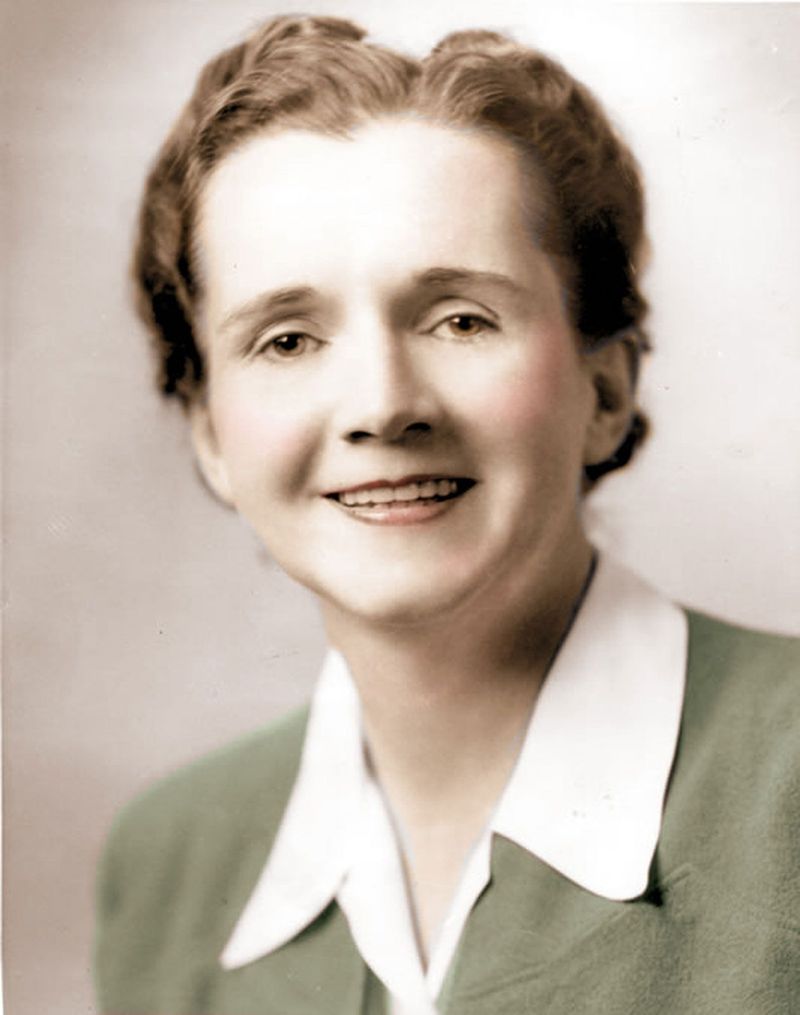
Silent Spring, Rachel Carson’s 1962 exposé on pesticide dangers, launched the modern environmental movement and fundamentally changed how humans view their relationship with the natural world. A marine biologist by training, Carson combined scientific precision with lyrical writing that made complex ecological concepts accessible to everyday readers.
Despite fierce attacks from chemical companies, her meticulous research withstood scrutiny and eventually led to nationwide bans on DDT and other harmful pesticides. Carson testified before Congress despite battling terminal cancer.
Her legacy lives on in countless environmental protections and the principle that humans must act as responsible stewards of the natural world.
12. Amelia Earhart
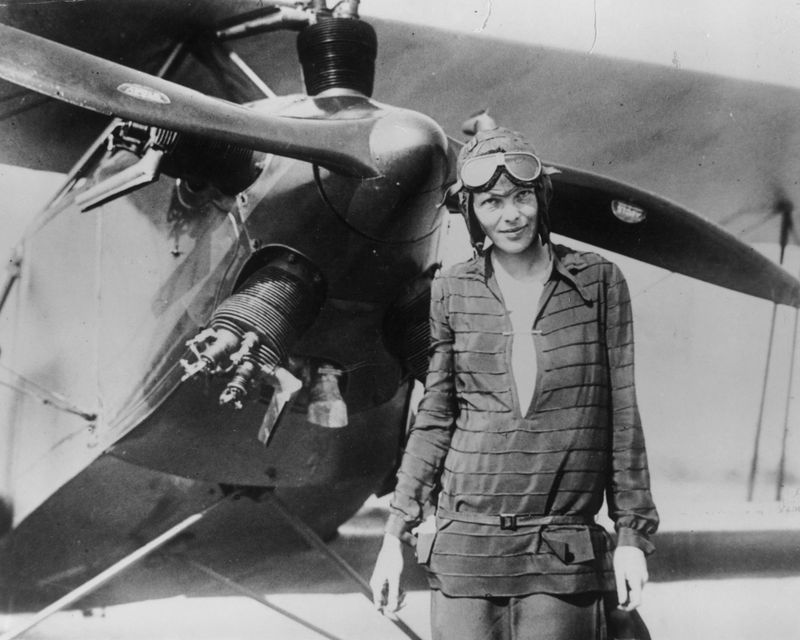
“Please know I am quite aware of the hazards,” wrote Amelia Earhart before her final flight. Her courage transformed aviation and women’s roles in the early 20th century. As the first woman to fly solo across the Atlantic Ocean, she achieved celebrity status she leveraged to champion women’s advancement.
Earhart helped form The Ninety-Nines, an organization supporting female pilots, and served as its first president. She designed a line of practical women’s clothing and served as aviation editor for Cosmopolitan magazine.
Though her 1937 disappearance remains unsolved, her legacy of boldness and determination continues to inspire adventurers and barrier-breakers worldwide.
13. Oprah Winfrey
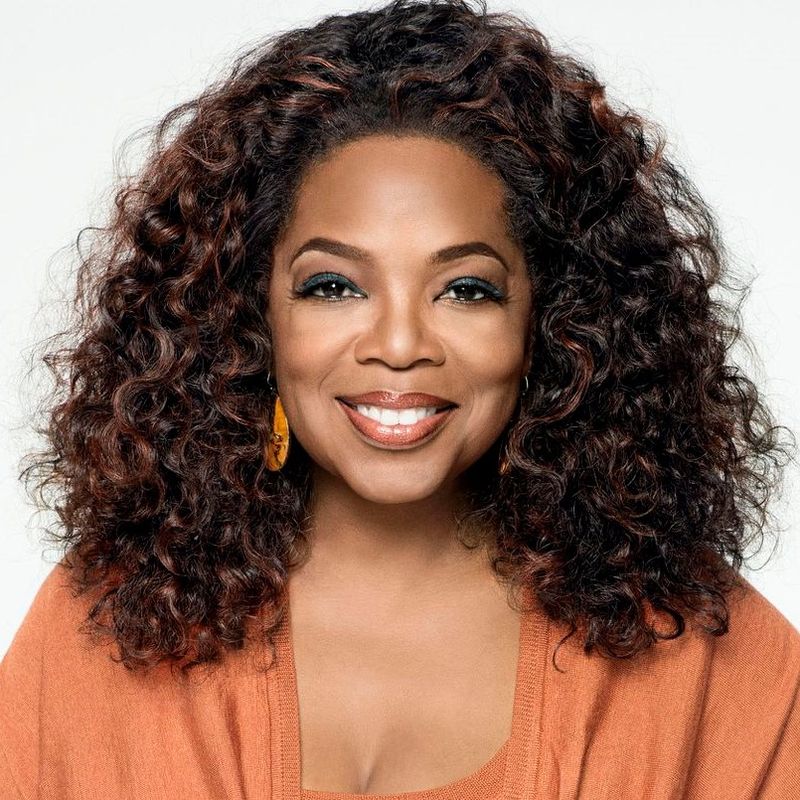
© American Academy of Arts and Sciences
From rural poverty in Mississippi to becoming North America’s first Black multi-billionaire, Oprah Winfrey transformed television, publishing, and philanthropy through authentic connection with audiences. Her groundbreaking talk show ran for 25 years, tackling subjects previously considered taboo on daytime television.
Winfrey’s book club turned unknown authors into bestsellers overnight, while her production company created award-winning films exploring difficult aspects of the Black experience. Her philanthropic efforts include the Leadership Academy for Girls in South Africa and massive donations to education.
Her ability to remain relatable while building a media empire made her one of the world’s most influential cultural voices.
14. Georgia O’Keeffe
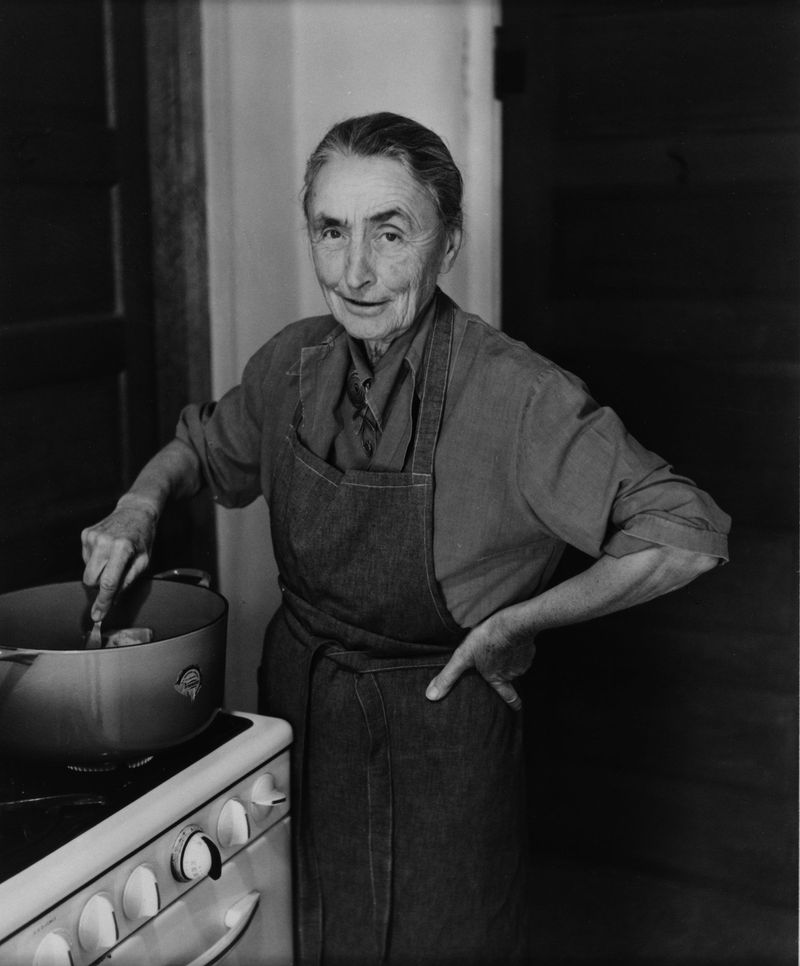
Large-scale flowers, sun-bleached bones, and stark desert landscapes – Georgia O’Keeffe’s distinctive paintings redefined American art in the 20th century. Moving against prevailing trends, she developed a uniquely American modernism rooted in natural forms and the southwestern landscape.
Often the only woman in major museum collections of her era, O’Keeffe fiercely protected her artistic independence and rejected being categorized as a “woman artist.” Her Ghost Ranch home in New Mexico became both sanctuary and subject for her most iconic works.
By her death at 98, O’Keeffe had produced over 2,000 works and established herself as one of America’s most significant artists.
15. Gloria Steinem
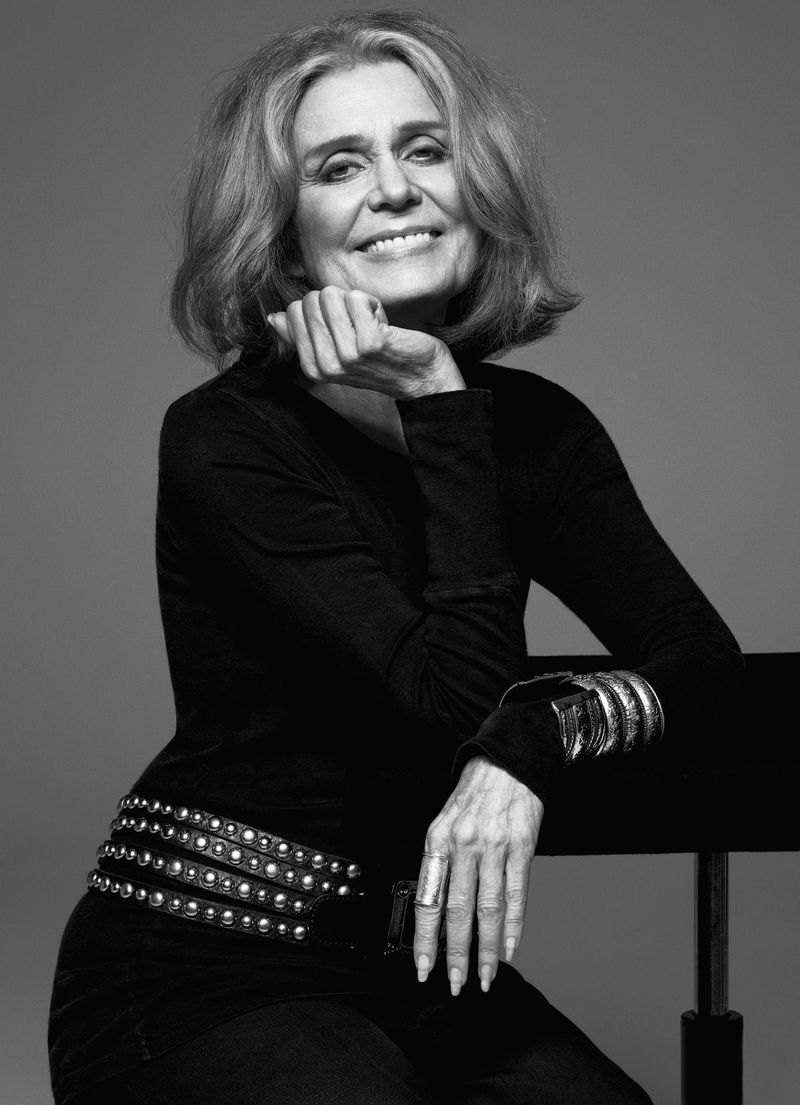
“A feminist is anyone who recognizes the equality and full humanity of women and men.” With these words, Gloria Steinem helped define modern feminism as a founding editor of Ms. magazine and a leading voice of the women’s liberation movement.
Her undercover exposé as a Playboy Bunny revealed workplace exploitation, launching her career as a journalist unafraid to challenge the status quo. Steinem co-founded numerous organizations advancing women’s rights, including the National Women’s Political Caucus and the Women’s Media Center.
Well into her 80s, she continues her activism, connecting feminist issues to racial justice, LGBTQ+ rights, and economic equality.

Comments
Loading…